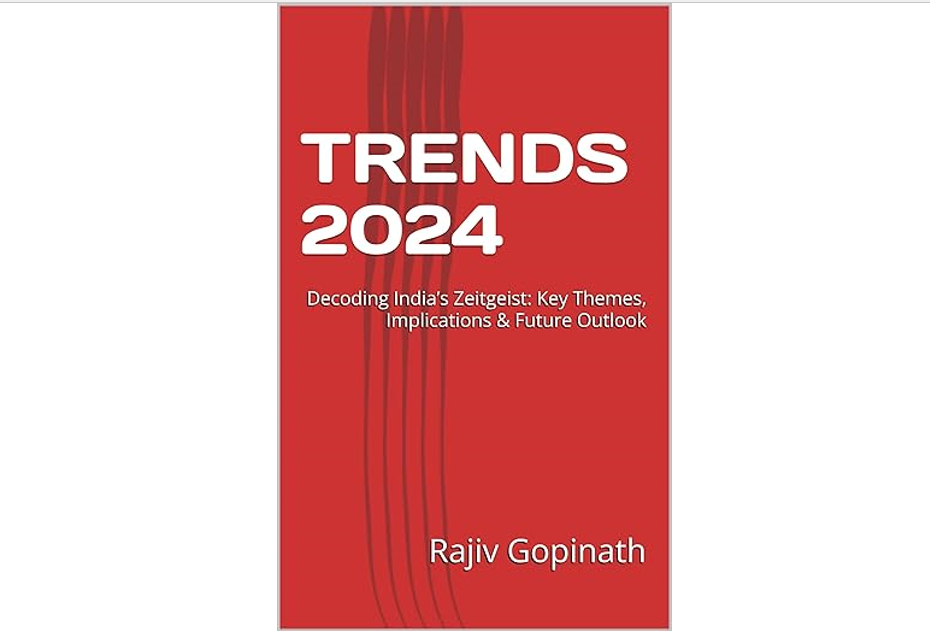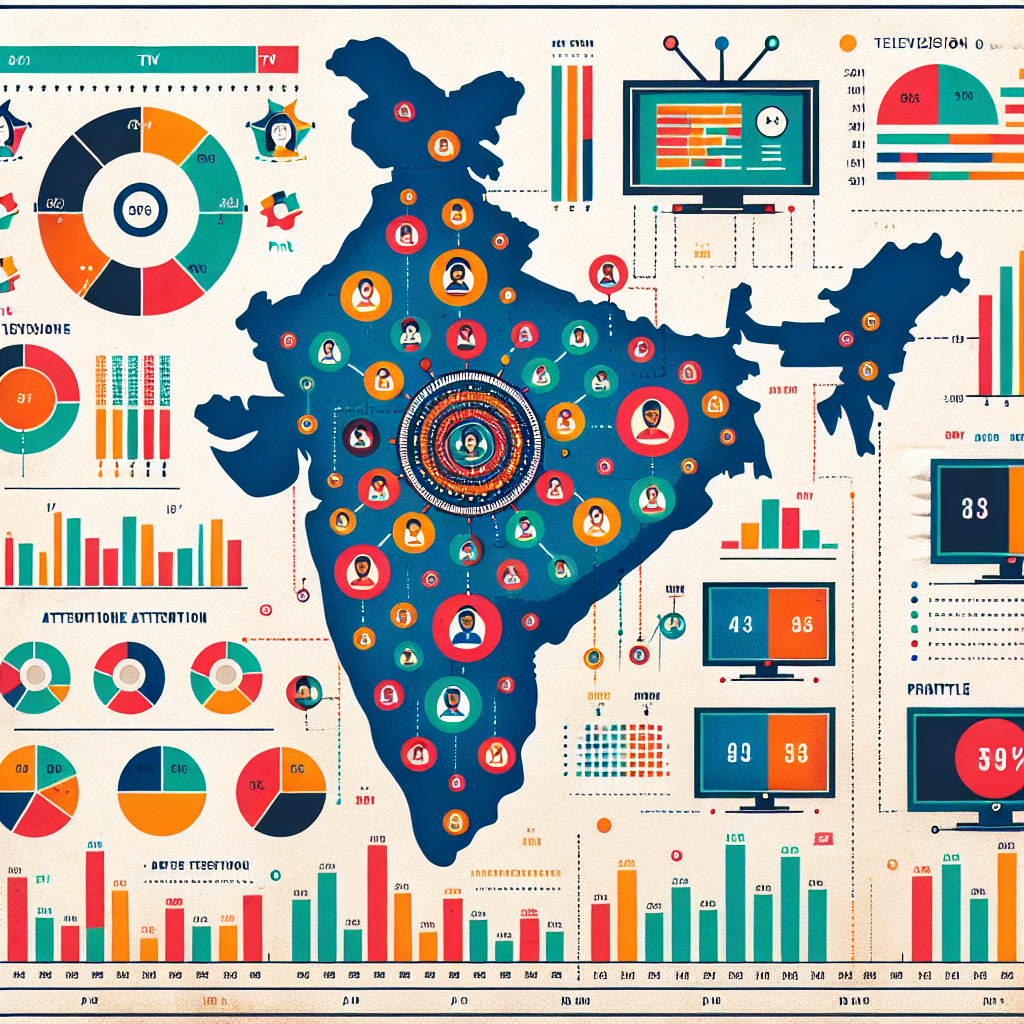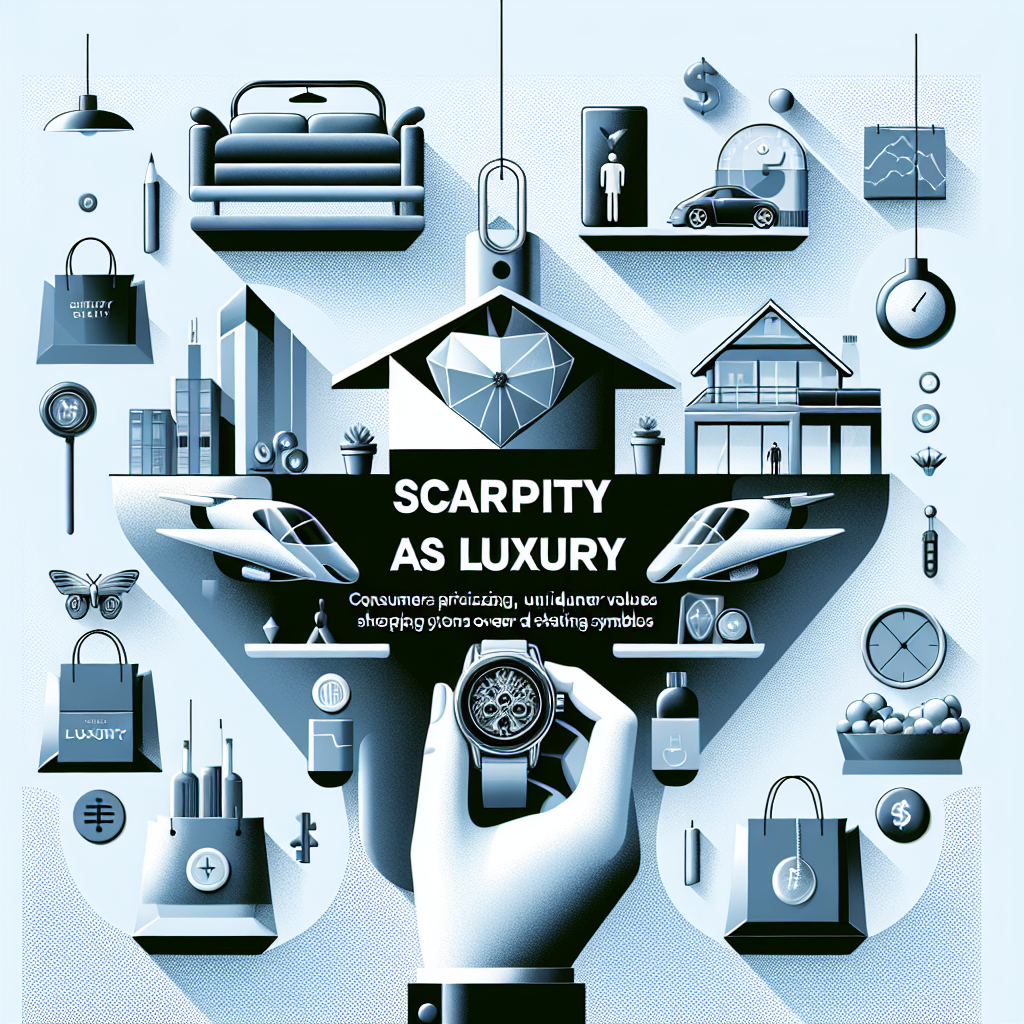The Power of Fan Theories and How Brands Leverage Them
It was 2:00 AM, and Steven found himself deep in a Reddit rabbit hole, reading the tenth analysis of what the yellow flowers in HBO's "The Last of Us" truly symbolized. What had started as casual viewing had transformed into an obsession with decoding the show's hidden meanings. He wasn't alone—thousands of commenters were collaboratively building intricate theories, frame-by-frame analyses, and passionate debates about character motivations. The next morning, Steven noticed HBO's social media accounts subtly acknowledging some of these theories without confirming or denying them. That's when it clicked: this wasn't just fan enthusiasm—it was a sophisticated marketing mechanism keeping viewers engaged between episodes and driving unprecedented conversation. His fascination with how entertainment brands harness the power of fan theories was born in that moment of realization.
Introduction: The Participatory Economy of Speculation
Fan theories have evolved from fringe forum discussions to powerful marketing engines that drive engagement, retention, and revenue for entertainment properties. This participatory form of marketing generates an estimated $4.3 billion in earned media annually across major franchises, according to MediaKix research. As audiences shift from passive consumption to active participation, theories have become a critical component of how entertainment brands maintain relevance in an attention-scarce economy.
Harvard Business School professor Jill Avery describes this phenomenon as "collaborative meaning-making," noting that "when consumers develop theories about entertainment properties, they're investing emotional and intellectual capital that significantly increases their psychological ownership of the brand." This investment translates directly into quantifiable business outcomes, including longer viewer retention, higher merchandise sales, and stronger franchise loyalty.
1. Psychological Drivers of Theoretical Engagement
The psychology underlying fan theory engagement leverages fundamental human cognitive needs. Research from the Journal of Consumer Psychology identifies three primary motivations: epistemic curiosity (the desire to solve puzzles), social belonging (connection through shared speculation), and identity expression (demonstrating expertise within fan communities).
Disney's strategic approach to the Marvel Cinematic Universe exemplifies this psychological framework in action. By embedding barely perceptible Easter eggs and maintaining deliberate narrative gaps, Marvel creates what psychologist Mihaly Csikszentmihalyi terms "optimal cognitive challenge"—complex enough to stimulate theory development but accessible enough to invite mass participation.
According to audience researcher Jennifer Aaker, "The theory-building process activates the brain's reward centers similar to solving puzzles, creating a dopamine response that entertainment brands can systematically engineer through careful information control."
2. Digital Ecosystems and Theory Amplification
The digital transformation of media consumption has created sophisticated ecosystems where theories flourish and propagate. Content recommendation algorithms on platforms like YouTube and TikTok actively amplify theoretical content due to its high engagement metrics, creating what media scholar Henry Jenkins calls "spreadable speculation networks."
HBO's approach to "Westworld" demonstrated this ecosystem management by strategically releasing ambiguous promotional materials designed specifically to generate multiple interpretations. The resulting theory videos generated over 318 million views during the show's second season—equivalent to approximately $13.2 million in marketing value, according to Nielsen's engagement metrics.
"Entertainment brands now design content specifically for algorithmic amplification of fan theories," notes digital strategist Shama Hyder. "When a brand understands how theories propagate across platforms, they can architect content that generates maximum speculative engagement with minimal marketing investment."
3. Revenue Monetization Through Theoretical Engagement
Forward-thinking entertainment companies have developed sophisticated frameworks for converting theoretical engagement into revenue streams across multiple channels. Warner Bros.' management of the Harry Potter franchise demonstrates this approach by creating merchandise, experiences, and content extensions that directly respond to popular fan theories.
The "Fantastic Beasts" film series represents a case study in theory monetization, with storylines deliberately addressing longstanding fan speculations about Dumbledore's past. This approach generated over $1.8 billion in global box office revenue despite mixed critical reception, demonstrating how theoretical investment can override traditional quality metrics in driving consumer behavior.
Marketing professor Robert Kozinets observes that "theory-responsive product development creates a powerful feedback loop where fans feel their intellectual contributions are valued, significantly increasing their lifetime value as customers."
4. AI and the Future of Collaborative Speculation
Artificial intelligence is revolutionizing how brands manage and monetize fan theories. Sentiment analysis tools now track theory development across social platforms, allowing entertainment companies to adjust marketing strategies, content development, and even narrative directions in near real-time.
Netflix's content development approach increasingly incorporates AI-driven analysis of theoretical discussions, with viewing data suggesting that shows generating higher theory engagement receive priority for renewal regardless of absolute viewership figures. This approach has resulted in a 23% increase in subscriber retention for theory-generating content compared to non-theory-generating content with similar viewership, according to internal Netflix data cited in a recent Harvard Business Review case study.
"The integration of machine learning with community management represents the next frontier in theory-based marketing," explains AI marketing specialist Kai-Fu Lee. "Brands can now identify theoretical vectors with maximum engagement potential before they naturally emerge."
Conclusion: The Strategic Imperative of Theoretical Marketing
As entertainment consumption becomes increasingly fragmented, the ability to generate and manage fan theories represents a critical competitive advantage. Theories transform passive viewers into active brand advocates who provide both marketing amplification and valuable consumer insight.
The most sophisticated entertainment companies now approach theory management as a core marketing function rather than a peripheral fan activity. By strategically engineering theoretical engagement points, brands can extend content lifecycles, deepen audience relationships, and create sustainable competitive advantages in an increasingly crowded media landscape.
Call to Action
For entertainment marketing executives looking to harness the power of fan theories:
- Implement dedicated theory monitoring systems that track speculative conversations across platforms to identify engagement opportunities.
- Develop content structures with intentional information gaps that invite audience completion rather than providing complete narrative closure.
- Create feedback mechanisms that acknowledge theoretical communities without definitively confirming or refuting their speculations, maintaining the essential tension that drives engagement.
The brands that master the delicate balance between guiding and responding to fan theories will establish themselves as leaders in the participatory entertainment economy, transforming audiences from consumers into collaborative marketing partners.
Featured Blogs

TRENDS 2024: Decoding India’s Zeitgeist: Key Themes, Implications & Future Outlook

How to better quantify attention in TV and Print in India

AI in media agencies: Transforming data into actionable insights for strategic growth

How the Attention Recession Is Changing Marketing

The New Luxury Why Consumers Now Value Scarcity Over Status

The Psychology Behind Buy Now Pay later

The Rise of Dark Social and Its Impact on Marketing Measurement

The Role of Dark Patterns in Digital Marketing and Ethical Concerns








